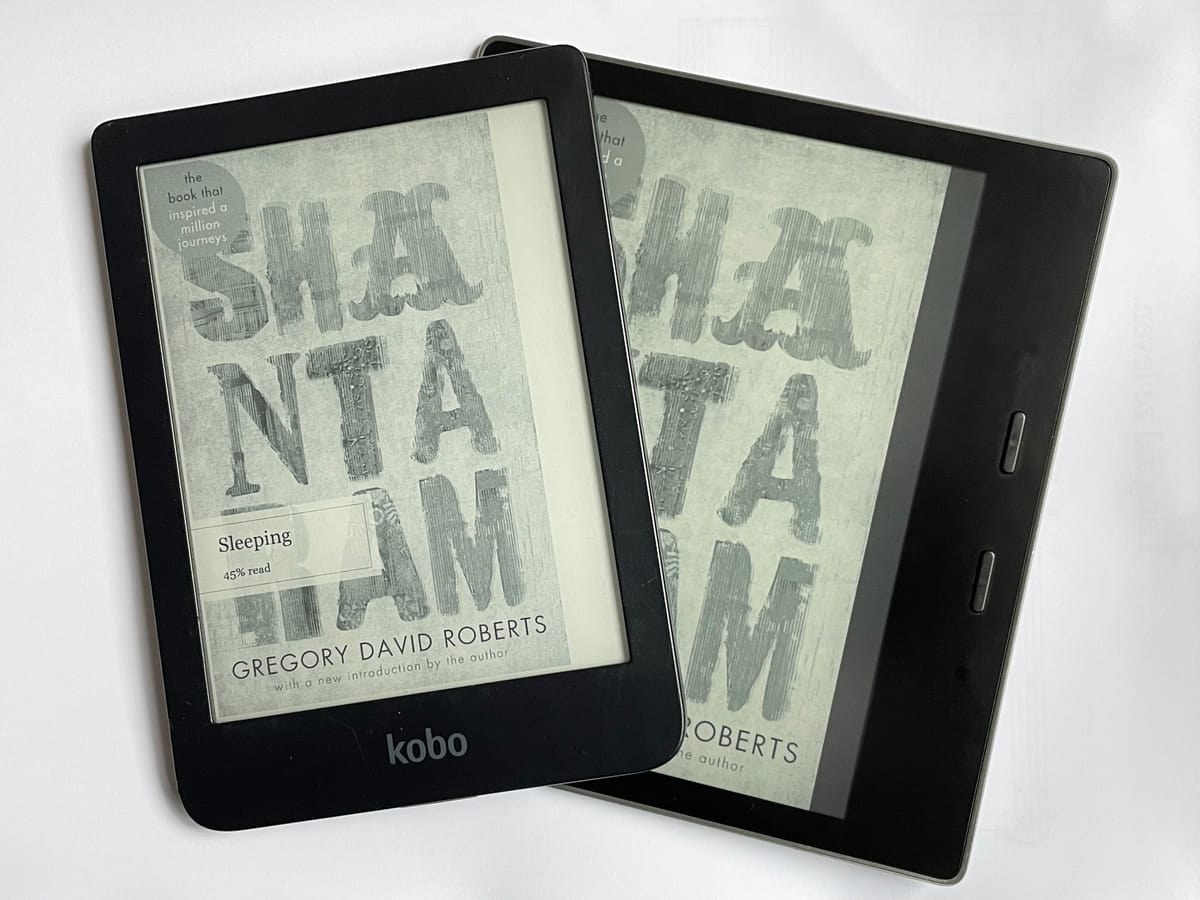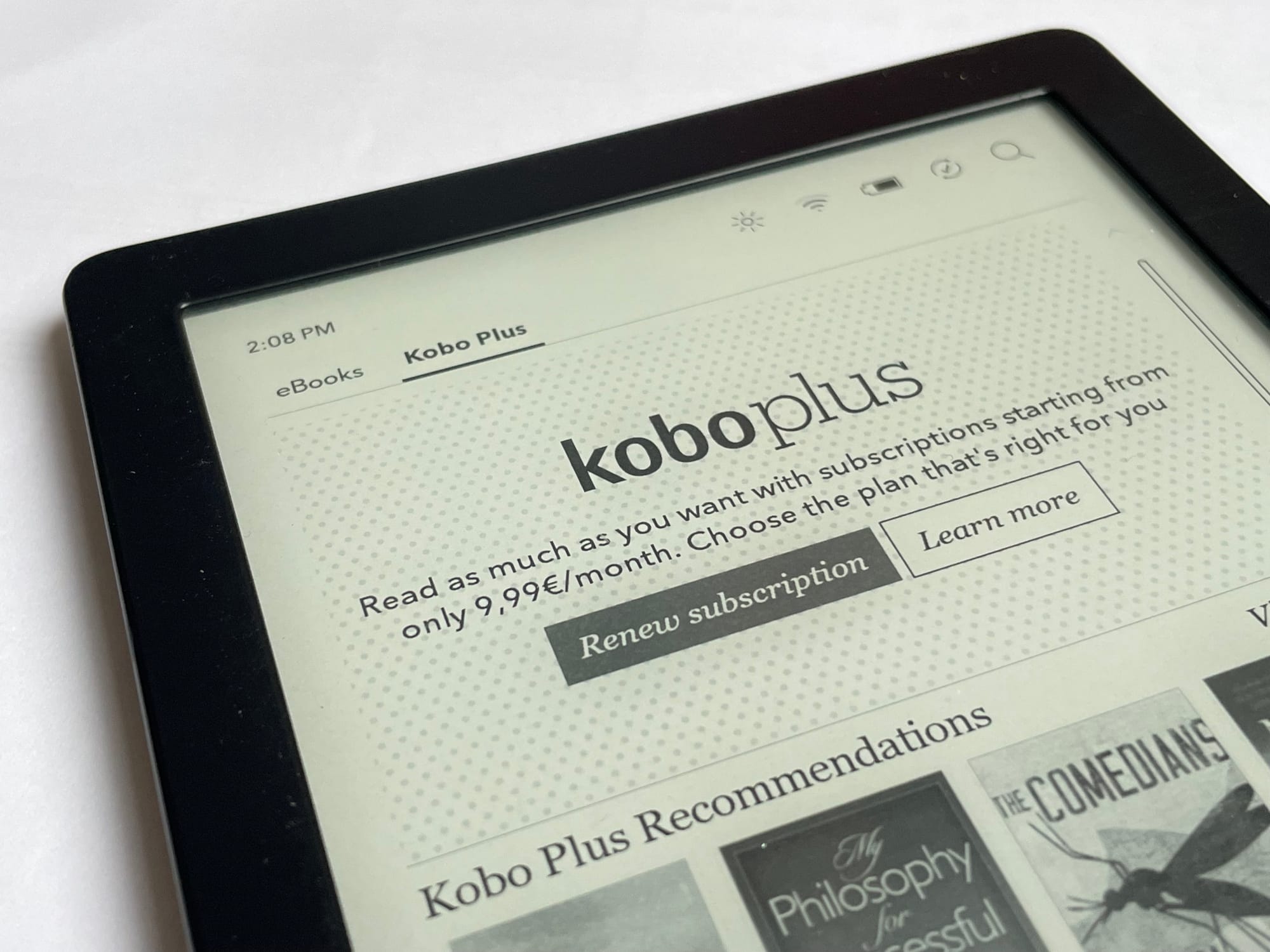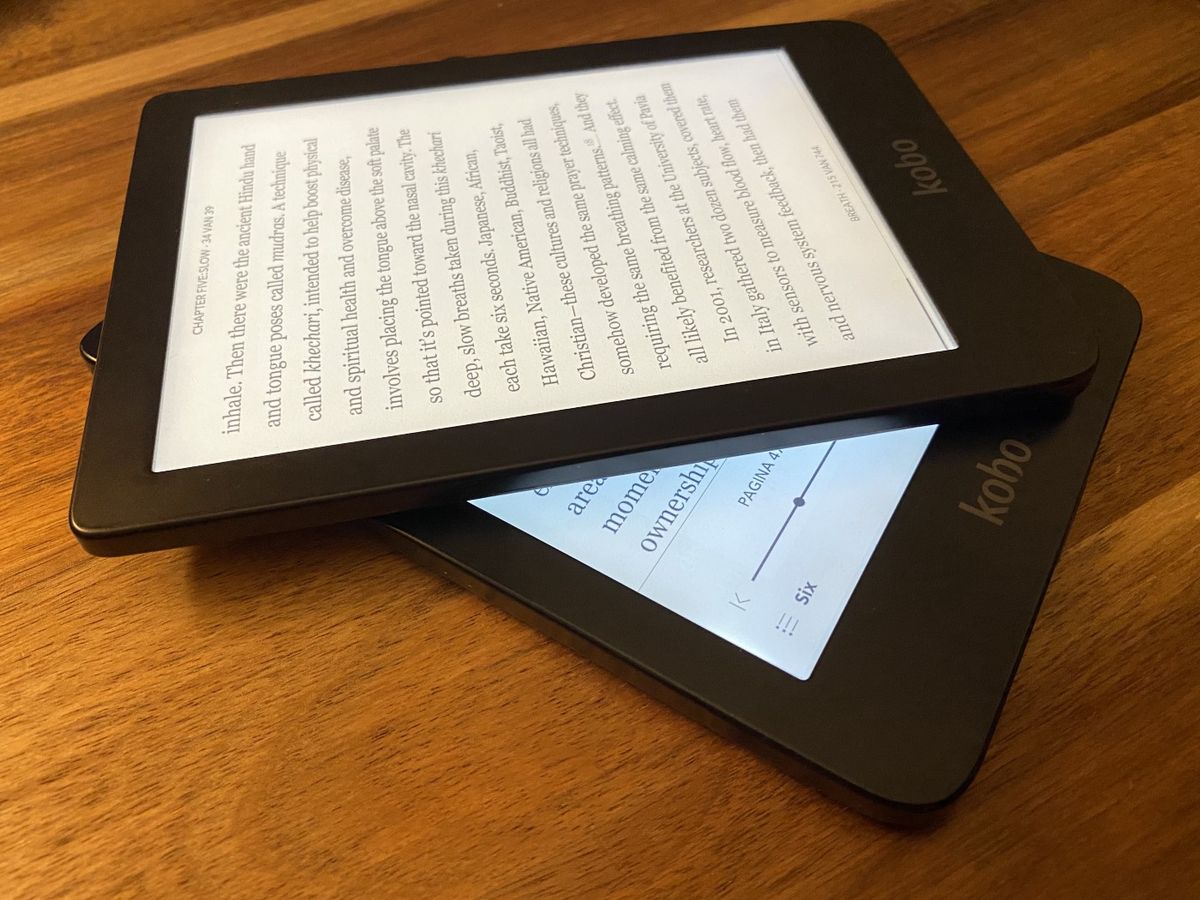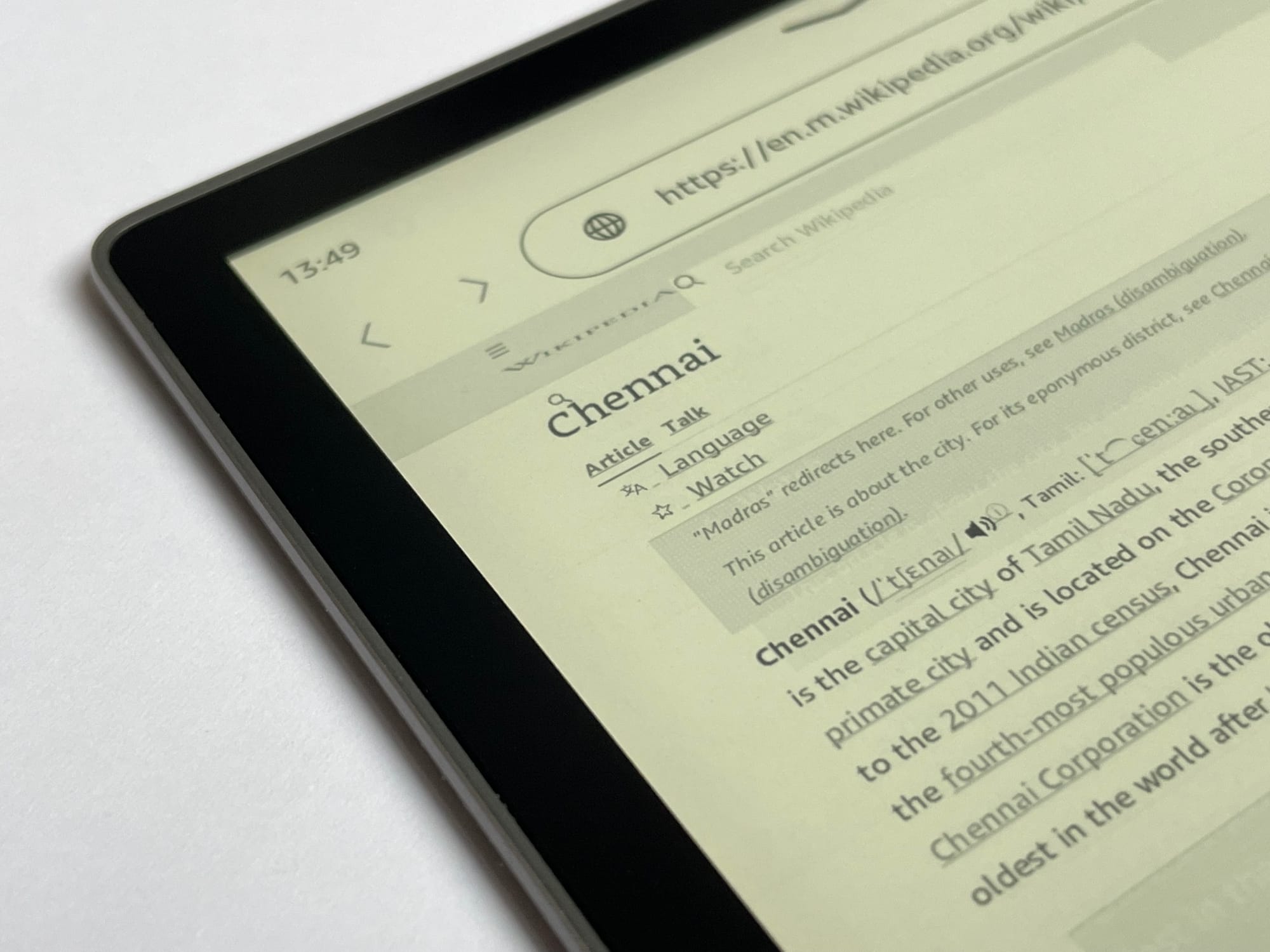Kobo versus Kindle
Discover the key distinctions between Kobo and Kindle as we delve into content availability, format flexibility, and unique features. A comparison on ecosystems rather than the devices.

In the world of e-readers, Kobo and Kindle stand as prominent contenders, each offering unique experiences within their ecosystems. My personal journey, which began with a Kindle Oasis, shifted to a Kobo Clara, and circled back to Kindle, has provided me with a nuanced perspective on what these platforms offer beyond just the devices.
Content Availability and Language Support
The Kindle store, under Amazon's vast umbrella, boasts an extensive collection of titles. However, in certain markets like the Netherlands, Kobo gains an edge due to its better support for local languages. This diversity was a key factor in my initial switch to Kobo, but the comprehensive reach of Amazon's Kindle store cannot be overlooked.
Content Management and Format Flexibility
Navigating between formats like ePub (Kobo) and mobi (Kindle) using Calibre has been a game-changer for me, offering freedom from platform constraints. This level of technical engagement, while rewarding, might not be for everyone but it's a significant consideration for those who wish to explore beyond a single ecosystem.
Subscription Services
Kobo Plus and Kindle Unlimited each present a unique set of offerings, complemented by alternatives such as digital borrowing from public libraries. This expands the horizon for digital readers, providing multiple avenues to access content.

Additional Features
Kindle offers a range of additional features that set it apart from its competitors, such as Kobo. These features are not only designed to enhance your reading experience but also offer valuable tools for study, collaboration, and exploration. In this section, we will delve into some of Kindle's standout capabilities, including content sharing, cross-platform compatibility, and its impressive internet browsing functionality.
Let's explore these aspects in greater detail.
Content Sharing
Kindle's advanced features for sharing highlights and notes are invaluable for study and collaborative reading, giving it an edge over Kobo, which is more limited in this regard.
Also, the Kindle has an e-mail address where you can send books and PDFs to, and I do notice that is an big plus in everyday use. Like when sharing web pages, for example.
Cross-Platform Sharing
Sharing books across platforms, particularly between my Kindle and my partner's Kobo, highlights the need for better interoperability in digital reading ecosystems.

Internet Browsing
A notable aspect where Kindle outshines Kobo is its internet browser. The superior browsing capability on Kindle adds another dimension to the device, integrating it more seamlessly with the wider online world. This feature not only enhances user experience but also broadens the scope of the platform beyond conventional e-reading.

Personal opinion
My preference leans towards Kindle, given its user-friendly nature and features conducive to a comprehensive reading and studying experience.
However, I remain aware of the implications of supporting a large corporation like Amazon. This consciousness drives me to seek control over my digital content, challenging platform-imposed limitations.
The choice between Kobo and Kindle goes beyond hardware; it's an exploration of ecosystems, content access, and personal values in technology.
For me, the journey continues with both platforms. Being an avid reader, I relish the ability to switch between Kindle and Kobo, not just for the diverse reading experiences they offer but also for the enjoyment of engaging with their distinct technologies and communities.




